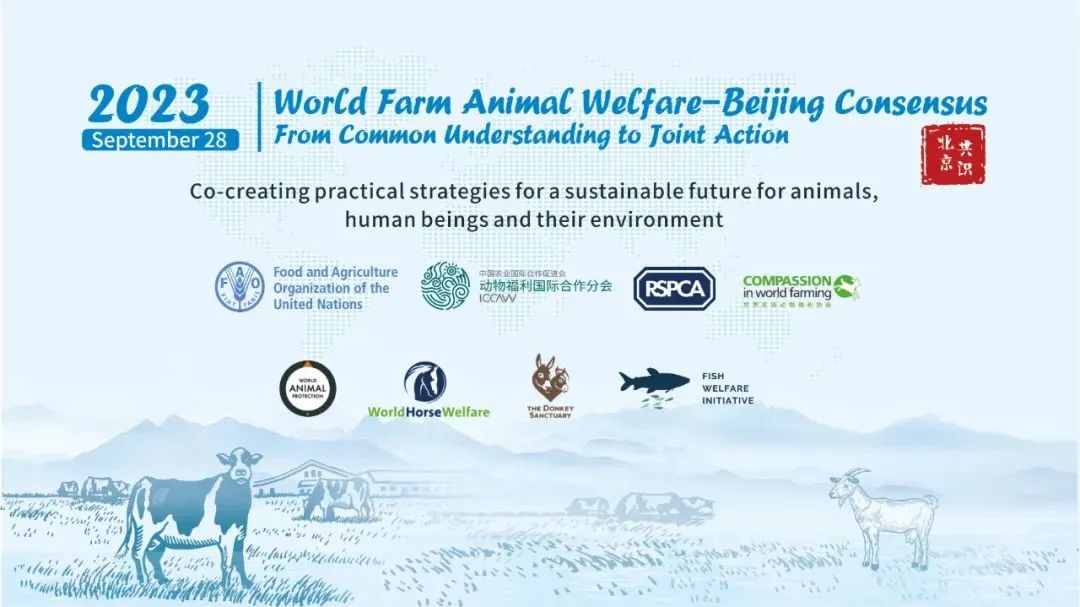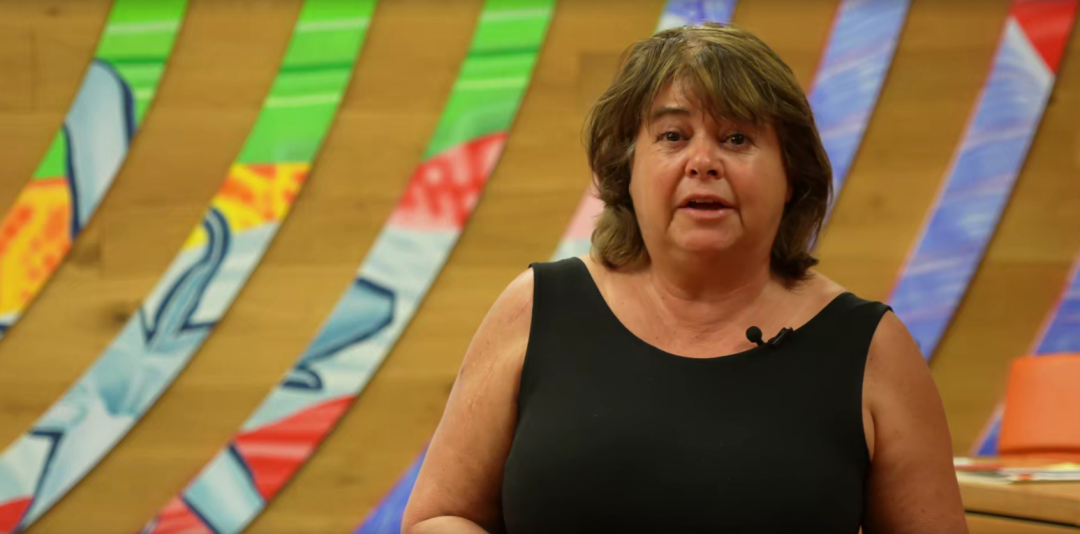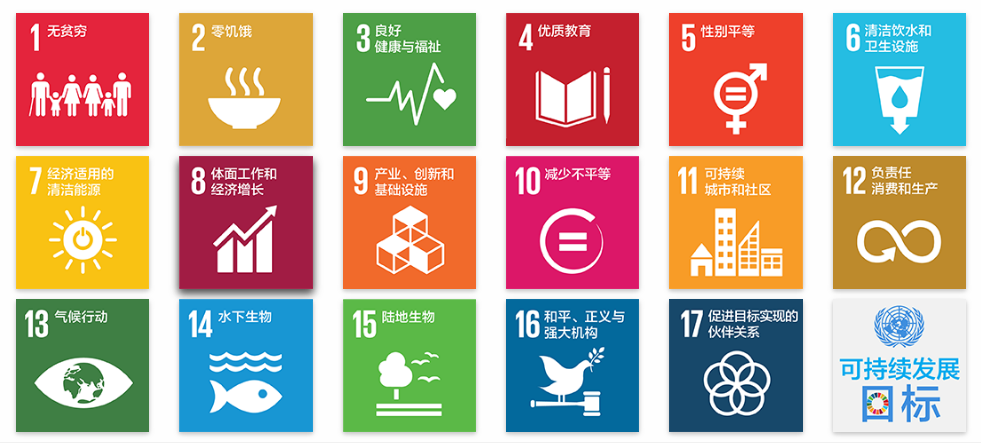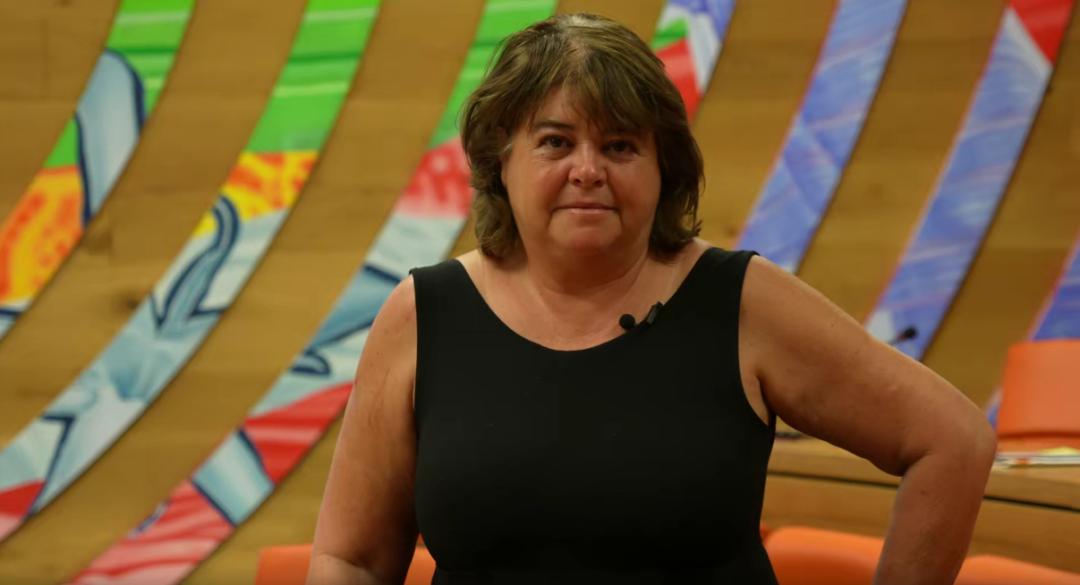在2023年9月28日于罗马举办的“世界农场动物福利-北京共识"研讨会上联合国粮食及农业组织动物生产与健康司官员Daniela Battaglia表示动物福利正在推动可持续转型方面发挥积极作用,并在17个可持续发展目标中都发挥积极作用,对某些目标的影响尤为突出。

联合国粮食及农业组织动物生产与健康司官员Daniela Battaglia在报告中对动物福利做了整体概述,她提到动物福利正在推动可持续转型方面发挥积极作用。目前世界上仍7亿人遭受饥饿,有25亿人的粮食安全无法保障,这些人占据了全球人口的三分之一,还有30亿人无法负担起健康的生活方式。
她提出需要用可持续的方式解决这些问题,让人们获得充足的食物,足够的营养。不仅要考虑环境保护,还要保障人和社会的福祉。保证提供高食物质量的同时,要保证大量依赖畜牧业人口的收入。

她提到,在人类健康问题方面,人们面临抗生素耐药性、环境问题、气候变化、人畜共患病传播等威胁。需要改变现有体系,关注四个主要目标:更好的营养、更好的生产、更好的环境、更好的生活,以及如何需要通过提高动物福利来实现这一切。
Daniela还表示,研究表明,动物福利在17个可持续发展目标中都发挥积极作用,对某些目标的影响尤为突出。改善动物福利能够保证粮食安全,提高动物源性食品质量,提升人类健康和福祉,让动物得到更好的照料,让它们对疾病的抵抗力增强。我们要转变思维模式,动物福利不仅要以动物为中心,要围绕动物自身的价值,更在于动物对人和环境带来的益处和价值。

(17个可持续发展目标目标包括:消除贫困;消除饥饿;良好健康与福祉;优质教育;性别平等;清洁饮水与卫生设施;廉价和清洁能源;体面工作和经济增长;工业、创新和基础设施;缩小差距;可持续城市和社区;负责任的消费和生产;气候行动;水下生物;陆地生物;和平、正义与强大机构;促进目标实现的伙伴关系 。)
她指出动物福利必须融入到人们提升营养、生产、环境和生活的实践中,与推动可持续发展目标的努力联系起来。同时考虑到不同地区的实际情况,在“同一福利”的框架下采取行动,即要关注动物福利,人类福祉,以及自然环境和社会环境等。

她还提到不同地区要基于科学的方法、多方合作推动动物福利的战略和实践。如今在地区层面做的努力正在全球范围产生影响,各方面的联系日益密切,动物福利与可持续发展框架下的各目标息息相关。她呼吁,要注意动物福利和其他重要目标的多重联系,这样才能真正看到它在推动可持续发展的努力中应有的地位。
最后她总结道,现在有充分的科学技术信息证明动物福利有助于更好的生产,这将带来更多的财富,减少抗生素的使用,为生产者带来更多的收入。我们了解营养对食品的影响,动物福利对人类健康福祉和环境的影响。FAO和其伙伴在工作中会考虑到所有相关的因素,这是一个好的开始,让更多的伙伴加入进来,在未来一起推动合作。
以下为英文简报:
Daniela Battaglia, Livestock Officer of FAO gave a broad overview of what has to do with animal welfare in her report. She mentioned the role animal welfare is playing in the transformation towards sustainability. She said, “we shouldn’t forget that at this time 700 million people are still suffering from hunger. 2.5 billion people are food insecure, so we are talking about one third of humanity. 3 billion people are unable to afford a healthy life. These are big numbers ahead of us that we have to dress. ”
“We need to secure food, good quality nutrition, food to all those people, but we have to secure in a sustainable way that is not only protecting the environment, but also the social well being of people and citizens.” Daniela also pointed out that we should not only ensure enough food of good quality, but also ensure income to the huge amount of people that have their source of food and income from the livestock sector.
“In terms of human health problems, there are big threats like antimicrobial resistance, environmental problems, climate change, the dissemination of zoonosis and so on. It brings us to the need of shifting a paradigm and looking at the four main objectives ahead of us: better nutrition, better production, better environment, better life, and how all of those can be achieved through higher animal welfare”.
Daniela suggested, “it has been shown that increasing animal welfare can have an impact on each one of those 17 sustainable development goals. Of course, it’s much more related to some of the of them than others”. She said, “through animal welfare, we can have higher food security. We can increase and improve the quality of animal source food. We can have better health and well being. Animals were less stressed, better kept, and are more resilient towards towards diseases”. So that's why we should be ready to shift the paradigm, instead of being looking at animal welfare as animal centered about the ethical value and the value of animals, we have to look at their value for the benefit of people, animals and the environment.
Animal welfare has to be integrated in all activities that are looking at the production, environmental concern, better life and better nutrition. It has to be linked to all the other efforts in the sustainable transformation of the livestock sectors and to be very much context specific. We have to work within a broader framework which is One Welfare. So looking really at the welfare of animals, human beings, and their environment, both physical and social environment.
She also mentioned the science-based strategies and practices to promote animal welfare in different regions through multiple cooperation. Something happened in the regional level is much related to the rest of the world, and animal welfare is very much connected to many other objective in the sustainable development framework. She is calling for looking animal welfare as the multiplicity of interconnection with many other important objectives, so really giving the place it deserves in the sustainable development efforts.
At the end of her speech, Daniela concluded, “we have a wealth of scientific and technical information on how animal welfare contributes to better production, antimicrobial reduction and better income for the producers. We know the effect of nutrition on food. We know the impact of animal welfare on the well being of people, workers, occupational health and the environment”. She said, “all this elements together have been taken to account by efforts of FAO with other partners. I think that's the beginning of a new process to have more partners on board and to work more together”.